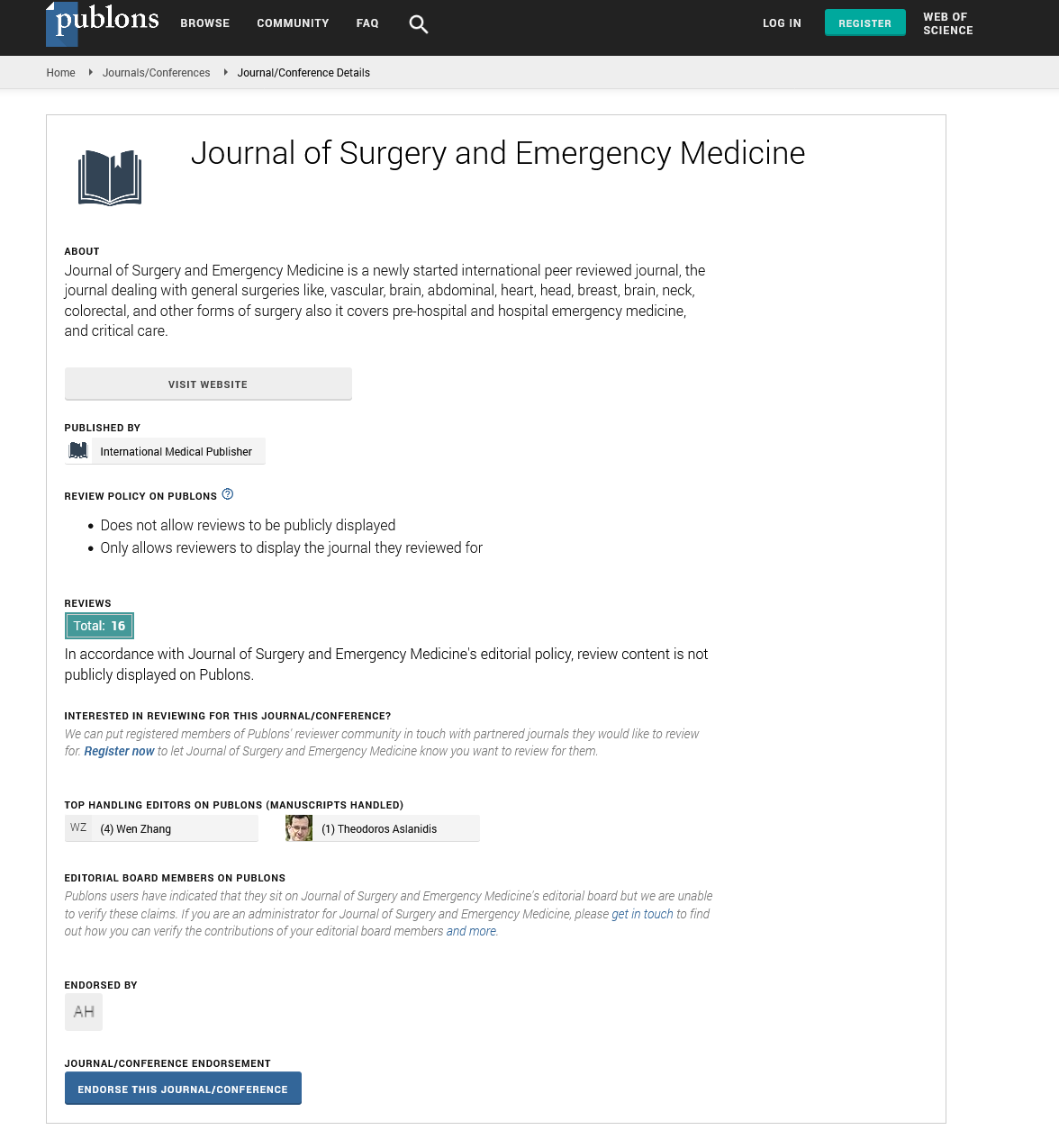Abstract
Fracture rates and economic outcomes in patients with osteoporosis receiving gastro-resistant risedronate versus other oral bisphosphonates: A claims data analysis
Statement of the Problem: Oral bisphosphonates are effective in reducing the risk of fractures in osteoporosis patients. In practice, 50% of patients do not follow the complex dosing instructions of immediate-release (IR) bisphosphonates. This can result in suboptimal efficacy and increased risk of fractures. Risedronate gastric-resistant (GR) offers a more convenient dosing option by eliminating the need for fasting. This study compares fracture rates and the economic burden between osteoporosis women treated with risedronate GR (GR cohort) versus other IR bisphosphonates (IR cohort). Methodology & Theoretical Orientation: Osteoporosis women were selected from a large US claims database (2009-2019). The index date was the first dispensing date for an oral bisphosphonate. Patients were classified into the two cohorts based on the treatment initiated on that date and matched 1:1 based on patient characteristics. Patients were observed for ≥2 years following the index date. Fracture rates, healthcare resource utilization, and costs post-index date were compared. Findings: 2,726 patients were selected in each cohort (median age: 60.0 years). The incidence of fractures was lower in the GR cohort versus the IR cohort for any fracture sites (17% reduction) and spine fractures (29% reduction, both p<0.05). Medication possession ratio was numerically lower but not statistically significant in the GR cohort (mean±SD [median], GR: 0.4±0.3 [0.2]; IR: 0.4±0.4 [0.3], p=0.158). Time to first fracture was delayed for the GR cohort, reaching statistical significance at 36 months after index date (GR=7.08%; IR=8.67%, p=0.037). Patients in the GR cohort incurred fewer hospitalizations (incidence rate per 1000 patients-year: GR=106.74; IR=124.20, p<0.05) translating into lower hospitalization costs (average per-patient-per-year; GR=$3,611; IR=$4,603, p<0.05). Conclusion & Significance: Patients treated with risedronate GR versus IR bisphosphonates were associated with a lower incidence of fractures. The more convenient way of risedronate GR intake is associated with higher fracture risk reduction compared to IR bisphosphonates.
Author(s): Friederike Thomasius , Santiago Palacios , Asif Alam , Mitra Boolell , Francis Vekeman , Genevia ve Gauthier
Abstract | PDF
Share This Article
Google Scholar citation report
Citations : 131
Journal of Surgery and Emergency Medicine received 131 citations as per Google Scholar report
Journal of Surgery and Emergency Medicine peer review process verified at publons
Abstracted/Indexed in
- Google Scholar
- Publons
Open Access Journals
- Aquaculture & Veterinary Science
- Chemistry & Chemical Sciences
- Clinical Sciences
- Engineering
- General Science
- Genetics & Molecular Biology
- Health Care & Nursing
- Immunology & Microbiology
- Materials Science
- Mathematics & Physics
- Medical Sciences
- Neurology & Psychiatry
- Oncology & Cancer Science
- Pharmaceutical Sciences
